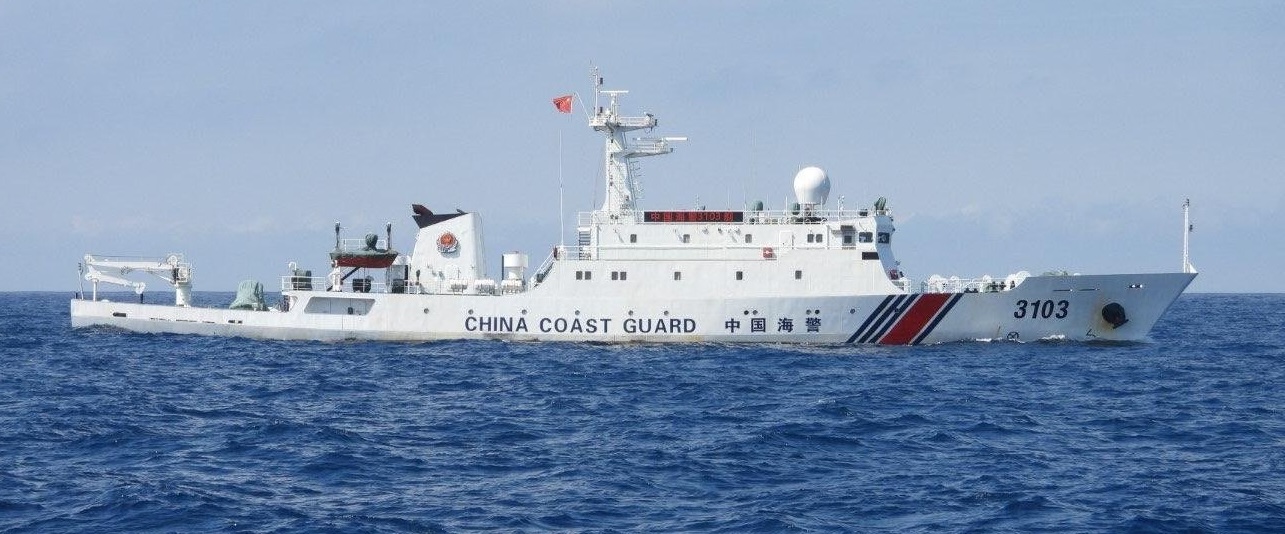Already a subscriber? Make sure to log into your account before viewing this content. You can access your account by hitting the “login” button on the top right corner. Still unable to see the content after signing in? Make sure your card on file is up-to-date.
The United States has condemned China’s decision to establish a national nature reserve at the disputed Scarborough Shoal.
Some shit you should know before you dig in: Scarborough Shoal is a triangular chain of reefs and rocks located about 150 miles west of the Philippines’ Luzon Island, and it has long been a flashpoint in the South China Sea dispute. Both the Philippines and China claim sovereignty over the shoal. While the shoal falls within the Philippines’ exclusive economic zone under international law, particularly the United Nations Convention on the Law of the Sea (UNCLOS), China has effectively controlled it since a 2012 standoff, regularly deploying coast guard ships and maritime militia to assert its presence. Over the years, the area has seen repeated confrontations, including the use of water cannons, ramming incidents, and dangerous shadowing of Philippine vessels by Chinese ships. Most recently, tensions escalated following a collision between two Chinese vessels near the shoal. Filipino fishermen have increasingly reported harassment while attempting to access traditional fishing grounds. Both nations continue to assert control: the Philippines conducts patrols and supply missions, often backed by international partners, while China maintains a constant maritime presence and attempts to impose restrictions on vessels entering the area.

What’s going on now: China recently announced the creation of a national nature reserve at Scarborough Shoal, a move that instantly reignited tensions in the already volatile South China Sea. The Chinese State Council approved the designation, claiming it would protect over 3,500 hectares of coral reef and marine biodiversity as part of its “ecological and environmental protection responsibilities.” Officials stated that enforcement would be strengthened to crack down on“illegal activities” within the area (language widely interpreted as a veiled threat to Filipino fishermen and vessels operating in the region). Although framed as an environmental initiative, many in the Philippines say it’s bullshit and a strategic move to legitimize China’s control over the shoal without resorting to overt militarization.
The United States condemned the move, with Secretary of State Marco Rubio calling it “yet another coercive attempt” by China to assert unlawful maritime claims and destabilize the region. He stated that cloaking territorial expansion in the language of environmental protection is part of a broader pattern of pressure tactics aimed at sidelining China’s neighbors and undermining international law. Rubio vowed that the US would continue to support the Philippines and warned that China’s actions erode regional stability and violate the 2016 arbitral ruling that found Beijing had no legal basis to block Filipino access to the shoal.
The Philippines, for its part, responded with outrage. Manila denounced the reserve as “patently illegal” and a “clear pretext towards eventual occupation,” reiterating that the shoal lies well within its exclusive economic zone as defined under UNCLOS. Philippine National Security Adviser Eduardo Año and the Department of Foreign Affairs announced that a formal diplomatic protest would be filed and called on China to retract the declaration immediately.







